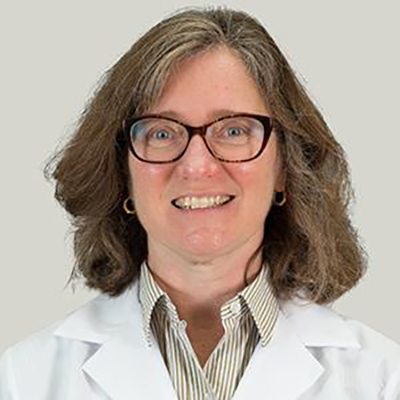
Lucy A. Godley, MD, PhD
Hospira Foundation Professor of Oncology
In this edition of Grand Rounds in Hematology and Oncology, Patrick M. Dillon, MD, University of Virginia Hematology & Oncology, Charlottesville, Virginia, introduces Lucy A. Godley, MD, PhD, Hospire Foundation Professor of Oncology, Departments of Medicine and Human Genetics, University of Chicago, Chicago, Illinois. In this 60-minute presentation, Dr. Godley emphasizes the increasing recognition of germline predisposition in hematopoietic malignancies, challenging traditional assumptions that these genetic factors are rare. The talk includes a short Q&A discussion at the end.
Dr. Godley highlights her extensive clinical and translational work identifying germline mutations in patients with hematologic cancers, underscoring that these mutations are far more common than previously thought. Through her research, she established a comprehensive clinical testing pipeline to identify predisposition mutations, particularly in individuals who test negative for known risk syndromes.
Dr. Godley details detecting these mutations using molecular profiling, which leverages data from malignant cells to infer germline status. This method reveals that germline mutations frequently present at average ages for hematologic malignancies, contrasting the earlier belief that they occur predominantly in younger patients.
The talk addresses the complexities of variant interpretation, noting that establishing standardized curation rules is crucial for accurate diagnosis. Dr. Godley discusses the implications of germline mutations on clinical decisions, including bone marrow donor selection, emphasizing the need to prevent the introduction of deleterious mutations through transplantation.
Dr. Godley underscores the evolving understanding of environmental contributions, clonal hematopoiesis, and gene-environment interactions in developing myeloid malignancies. As data continues to emerge, Dr. Godley advocates for routine germline genetic testing in all hematopoietic malignancy patients to improve diagnosis, treatment planning, and familial risk assessment.
